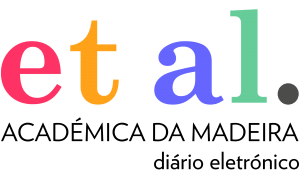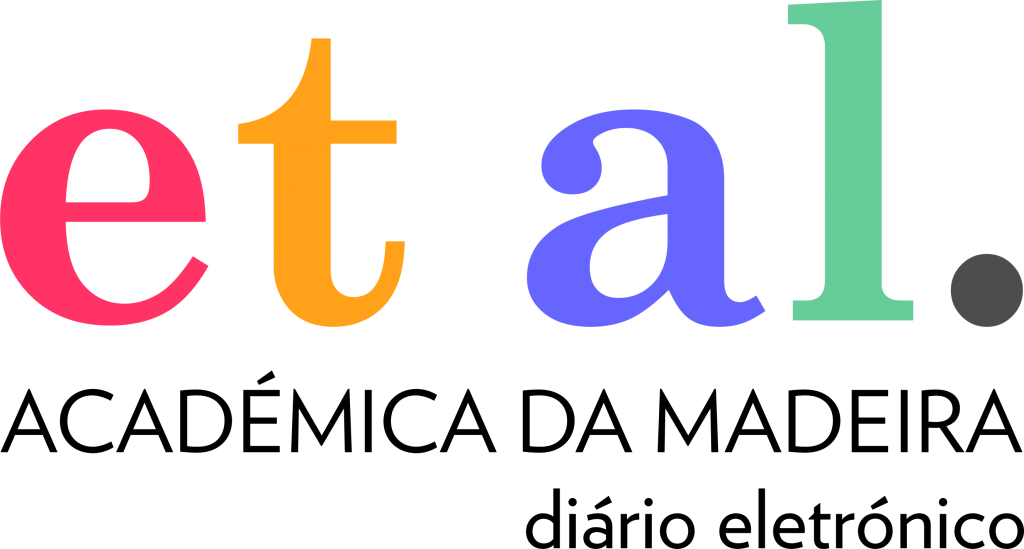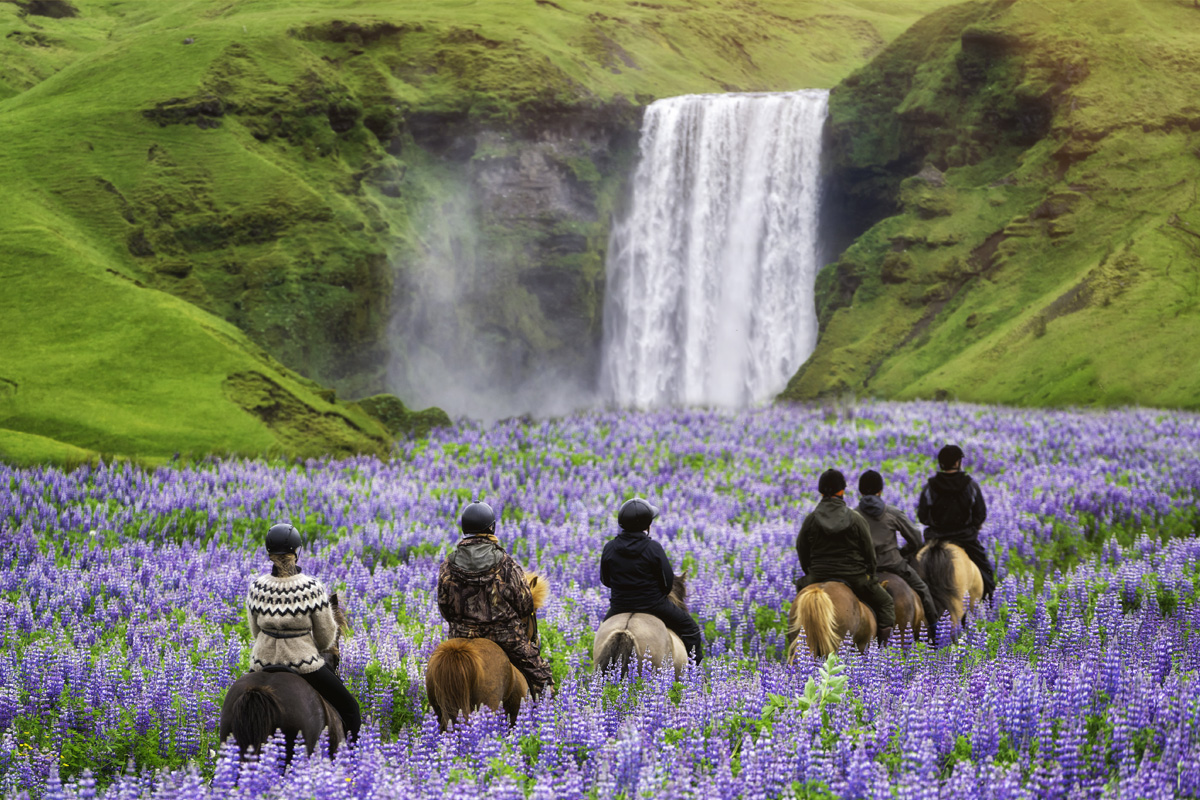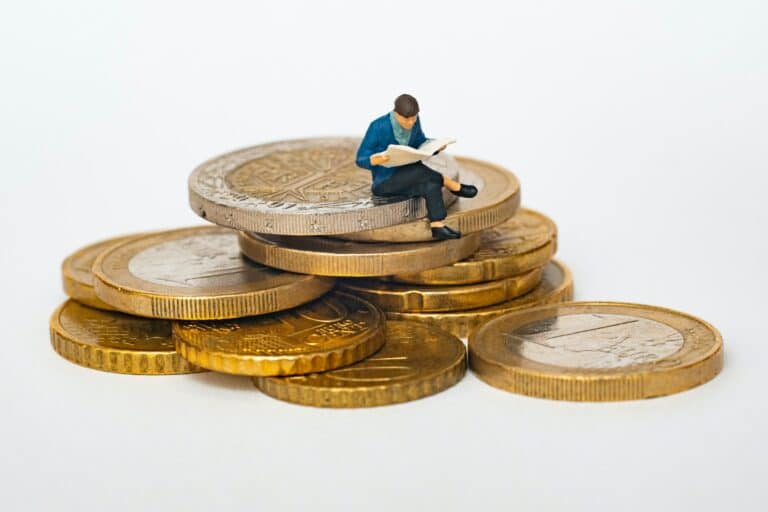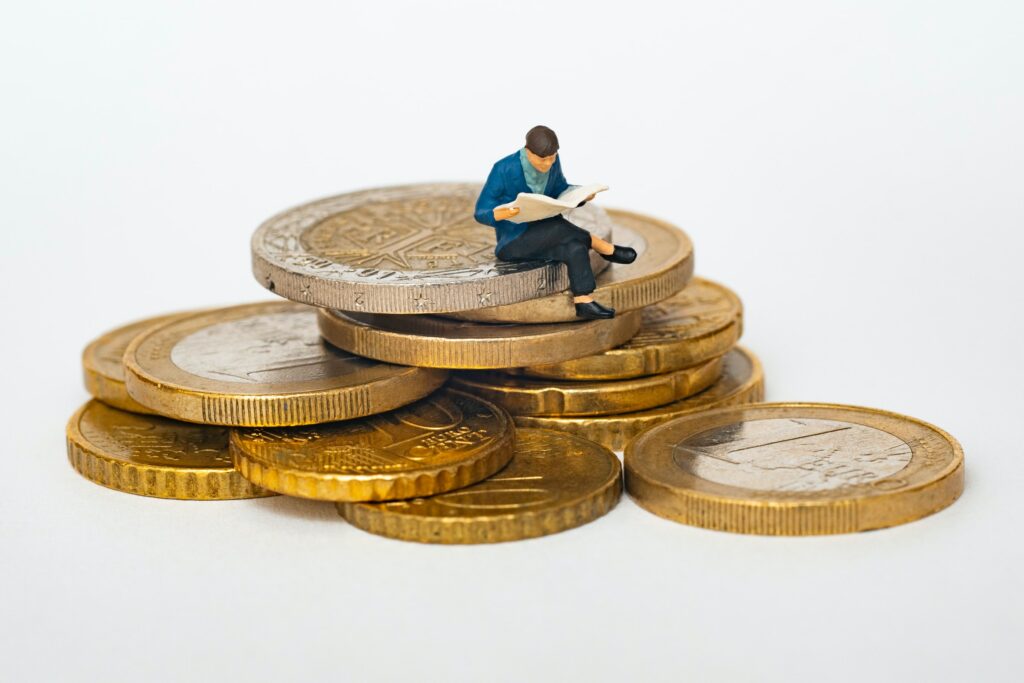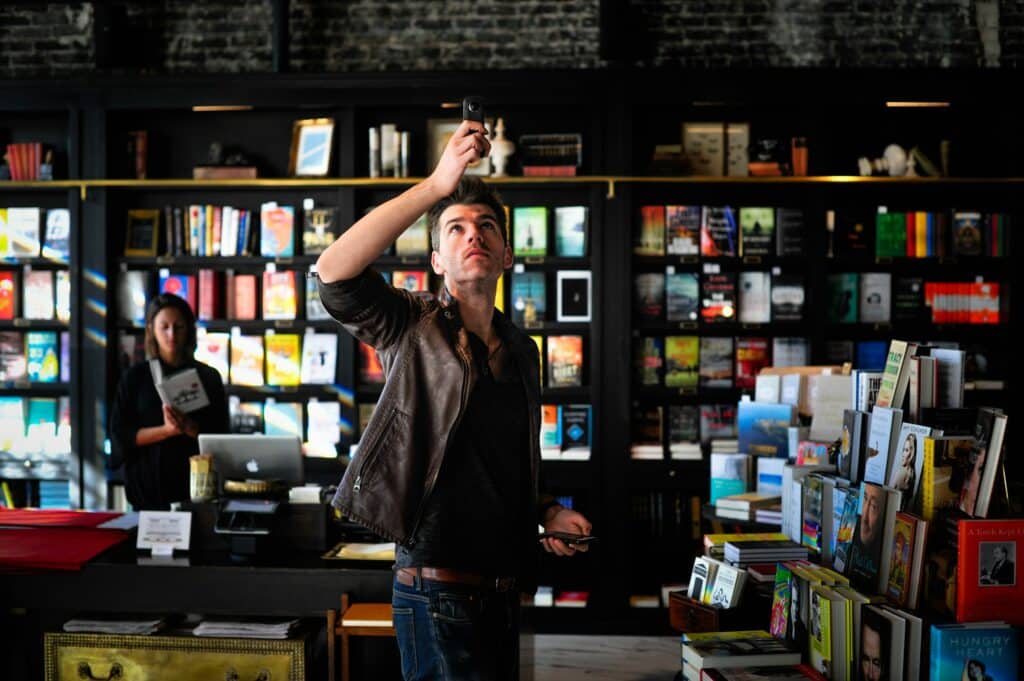If you find yourself in Iceland during the summer months, you will be spoilt for choice as there are plenty of activities available, helped by the extended daylight hours. After the long, dark nights of the winter, Icelanders look forward to the summer and make the most of the opportunity to spend time with family and friends in the great outdoors.
There are no shortage of festivities for you to take part in during this time of year. Independence Day, on 17th of June, is a nationwide celebration. A 17th June party is also around the time when Icelanders might dust off their old barbecues, and serve up some of their famous hot dogs, SS Pylsur. Mid- to late-June is also the time of the summer solstice, which is when you might experience the midnight sun.
On a clear night, head out to a western part of the island and watch the sun approaching the horizon before beginning to rise again without fully setting.
If you’re not used to sleeping when it’s still light outside, you might need an eye mask! While school children enjoy long holidays, teenagers and adults will typically work for the majority of the summer. However, on the first Monday of August is Verslunarmannahelgi, a long weekend initially intended for the country’s merchants. Today, it’s become part of the summer calendar for everyone.
This weekend is packed with events across the country. Many Icelanders try to get away for the weekend, to a sumarbústað [summer house] or on a camping trip.
There are also several large open-air festivals, such as Þjóðhátíð, a popular one for young people which takes place annually on Vestmannaeyjar (an island just south of mainland Iceland). For those who want to stay in Reykjavík, there’s a weekend-long festival there too, called Innipúkinn, which might be translated to ‘homebody’.
Make sure you visit the open-air pools and thermal baths and then treat yourself to ice cream afterward.
Hrafnkatla
Students’ Union German Volunteer
Project co-financed by: ERASMUS+
